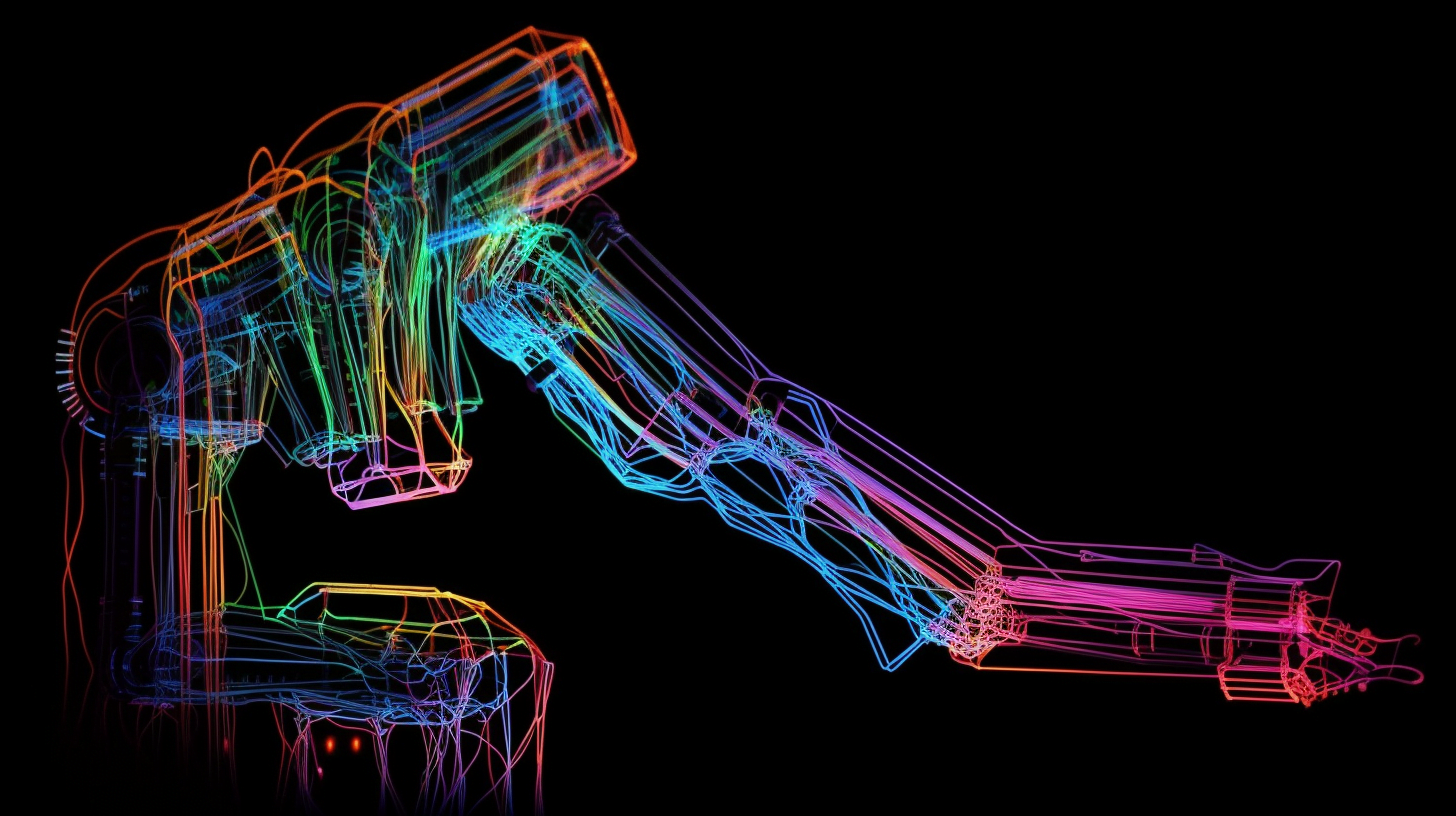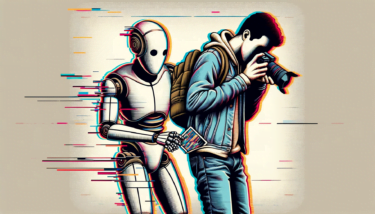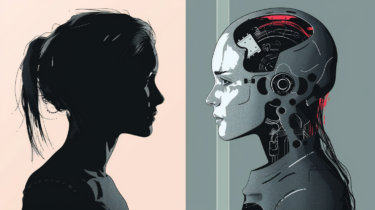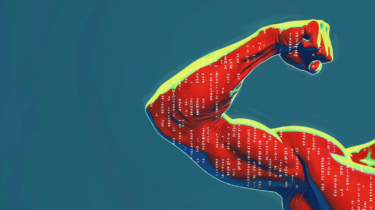How has AI affected the job market so far, and what does the future hold? A perspective from guest contributor Kuda Munyikwa.
Artificial Intelligence, or simply, AI, is transforming the job market and the way we work. With the ability to revolutionize industries, the impact of AI is far-reaching, from manufacturing to healthcare. This article will explore the key ways in which AI is shaping the future of work.
The Role of AI on Automation and Job Creation
One of the most significant impacts of AI on the job market is automation. AI-powered machines can perform repetitive tasks that were previously carried out by humans. This includes quality control, assembly line operations, and predictive maintenance. While automation may lead to job losses in some sectors, it can create new opportunities.
According to PwC, AI could create around 2.7 million new jobs in the UK by 2037. These new job roles could include data analysts, cybersecurity experts, and AI specialists. A case study of AI automation’s impact on job roles is also evident in the automotive industry. Tesla, a well-known electric vehicle manufacturer, has extensively integrated AI-powered machines into its production processes, revolutionizing manufacturing efficiency.
As a result, Tesla’s assembly lines now have significantly higher levels of precision, speed, and scalability thanks to robotics and automation. Due to this automation, some traditional manufacturing jobs have been replaced. However, new opportunities have also emerged. Integrating AI into the automotive industry has created a demand for skilled professionals such as data analysts, cybersecurity experts, and AI specialists.
All in all, this case study shows the dual nature of AI automation, where it can lead to job losses in certain sectors while simultaneously creating new job opportunities in emerging fields. It emphasizes the importance of upskilling and adapting to the evolving job market, where proficiency in AI-related skills can open doors to promising employment prospects.
AI Creates New Opportunities in Healthcare and Education
AI is also creating new job opportunities in healthcare and education. According to a report by the World Economic Forum, AI could create around 2.1 million jobs by 2025. The use of AI in healthcare can help diagnose illnesses, analyze medical images, and monitor patients' health.
In education, AI can assist in personalized learning, grading, and student support. The Georgia State University chatbot “Pounce” serves as an early case study of the impact of AI in the educational system. This AI-powered chatbot provided students with personalized support by providing them with resources for academic success and guidance on course selection.
As a result, student engagement with Pounce’s engagement increased. What’s more, with round-the-clock assistance, the burden on staff members and advisors was eased. Pounce provided immediate feedback and guidance using natural language processing and machine learning algorithms. This resulted in better academic performance and a sense of individualized support.
All in all, this case study shows how AI technologies, such as chatbots, can transform education by providing scalable, personalized assistance, freeing up educators for complex tasks, and generating job opportunities for AI developers, data analysts, and educational technologists.
The Impact of AI on Remote Work
The COVID-19 pandemic has accelerated the shift towards remote work, and AI has played a crucial role in enabling this transition. AI-powered tools such as video conferencing software, virtual assistants, and chatbots have made it easier for businesses to work remotely. Today, the use of AI in remote work continues to increase even well after the pandemic, with 73% of CEOs implementing remote and flexible working as permanent fixtures in their business.
For example, AI algorithms are used by video conferencing platforms such as Zoom, Microsoft Teams, and Google Meet to optimize audio and video quality, lower background noise, and improve user experience. These features have allowed for seamless communication and collaboration among remote teams, ensuring productivity and engagement regardless of the physical distance.
Another example is the AI-powered virtual assistant “P2 Bot” which Automattic, a fully remote company, uses to improve coordination and communication. The virtual assistant aggregates information provides notifications, and facilitates discussions, allowing employees to stay connected and efficiently manage their tasks in a remote work environment.
These examples highlight how AI technologies have transformed remote work by streamlining workflow and bridging communication gaps. In return, businesses can maintain productivity, improve collaboration, and establish a competitive advantage by adopting AI-powered tools.
Developing New Skills for the Future of Work
The increasing use of AI in the workplace also means that workers need to develop new skills. According to a report by the World Economic Forum, by 2022, around 54% of all employees will require significant reskilling and upskilling. The report suggests that data analysis, digital literacy, and critical thinking will be the most in-demand skills.
Similarly, a report by Deloitte indicates that human skills such as creativity, problem-solving, and emotional intelligence will become increasingly valuable in the future of work. These skills will become more important as AI and automation take over routine tasks. Moving forward, the increasing use of AI in the workplace necessitates new skills such as data analysis, to extract insights and make informed decisions.
For organizations to fully use AI technologies, skilled data analyses with strong quantitative and analytical skills are crucial for effectively interpreting data-driven findings.
An example is AI in healthcare, where AI systems assist oncologists in treatment decision-making by analyzing patient data and medical literature. However, human oncologists' expertise and judgment are essential in interpreting and contextualizing recommendations for specific requirements. The partnership between AI and human experts highlights the significance of human abilities like critical thinking and domain expertise in maximizing AI’s benefits and ensuring optimal outcomes.
These examples highlight the need for individuals to develop skills like creativity, problem-solving, and emotional intelligence to thrive in an AI-driven workplace. As AI takes over routine tasks, human skills become increasingly valuable in navigating complex challenges and effectively utilizing AI technologies.
Adapting to the Changes Brought by AI
In conclusion, the impact of AI on the job market and the future of work is significant. While there is a threat to job losses in some sectors, it’s also creating new opportunities and transforming industries. As a result, both businesses and workers have to adapt to the changes brought about by AI in order to stay ahead. Jobseekers could also use AI to become more visible.
Developing new skills will be essential to remain relevant in the job market. All in all, the future of work is changing rapidly, and those who embrace AI will be better positioned to succeed.







